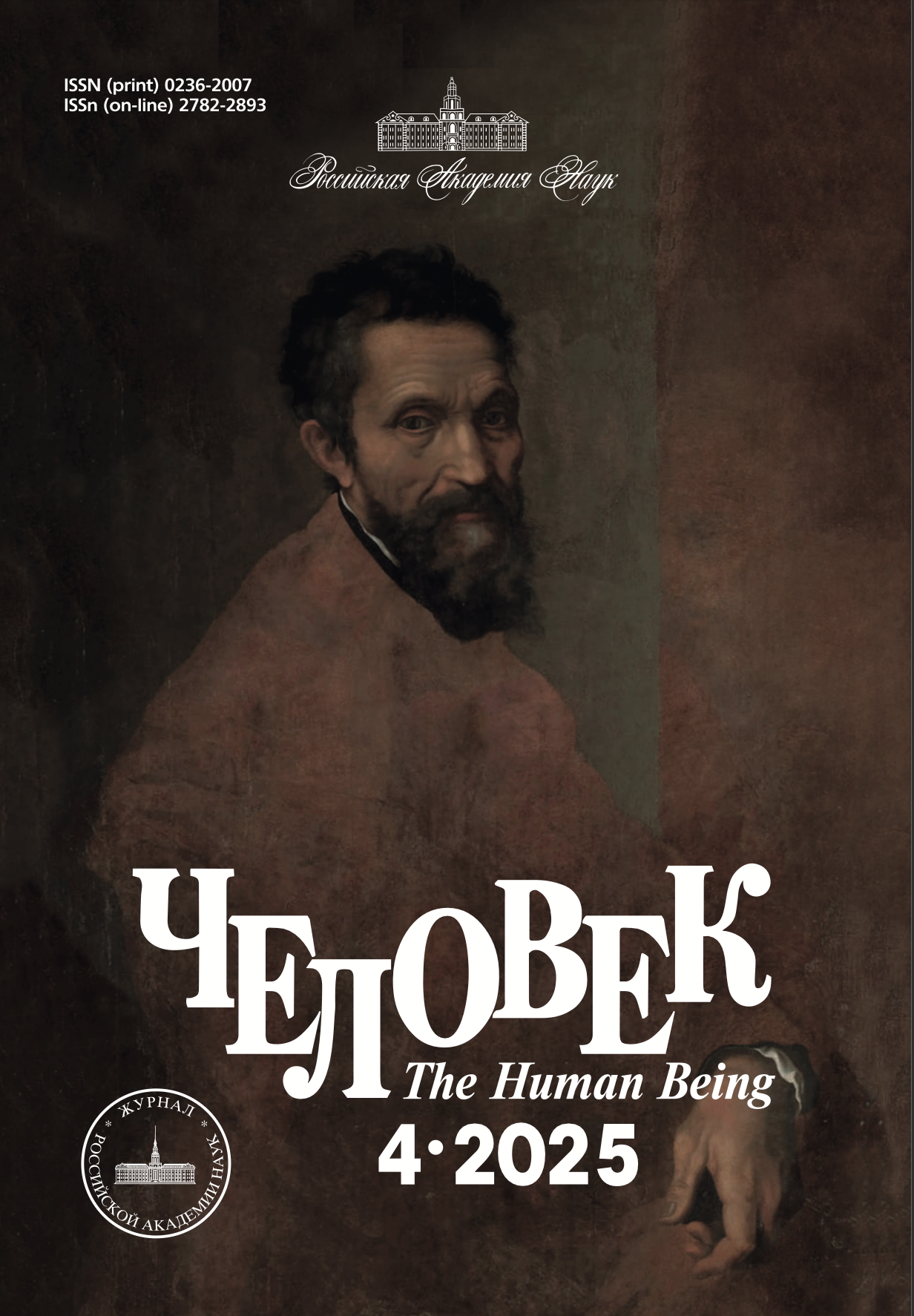Why Do Humans Need Time: Changing Temporal Boundaries in the Context of Labor Fragmentation
DOI:
https://doi.org/10.31857/S0236200725040058Keywords:
human, time, labor, lifestyle, time boundaries, fragmentation, risk, “еscape” of labor, J. Wajсman, J. CraryAbstract
In the modern world of late capitalism and global change, humanity has faced numerous challenges: consumerist culture, the benefits of the Welfare State, radical shifts in labor practices, the weakening of social guarantees of labor and the rise of remote work. Despite these changes, including the rejection of traditional labor models, euphoric promises from labor theorists, and experiments with universal basic income, work remains a central pillar of our existence. However, the longstanding emphasis on labor now faces increasing tension due to temporal pressures both within the labor process and among workers themselves. This article seeks to systematize the consequences of labor process reorganization and its temporal transformations under late capitalism. Drawing upon methodologies developed by contemporary social theorists like J. Wajсman, H. Rosa, and J. Crary, we analyze how the evolving labor paradigm shapes modern lifestyles and societal structures. Our findings reveal an intensifying fragmentation of labor, novel organizational configurations, the “escape” of labor (as a type of its territorial, country-based reassembly) and persistent shortages of time tied to the economic, sociocultural and psychological dynamics of late-capitalist society.






